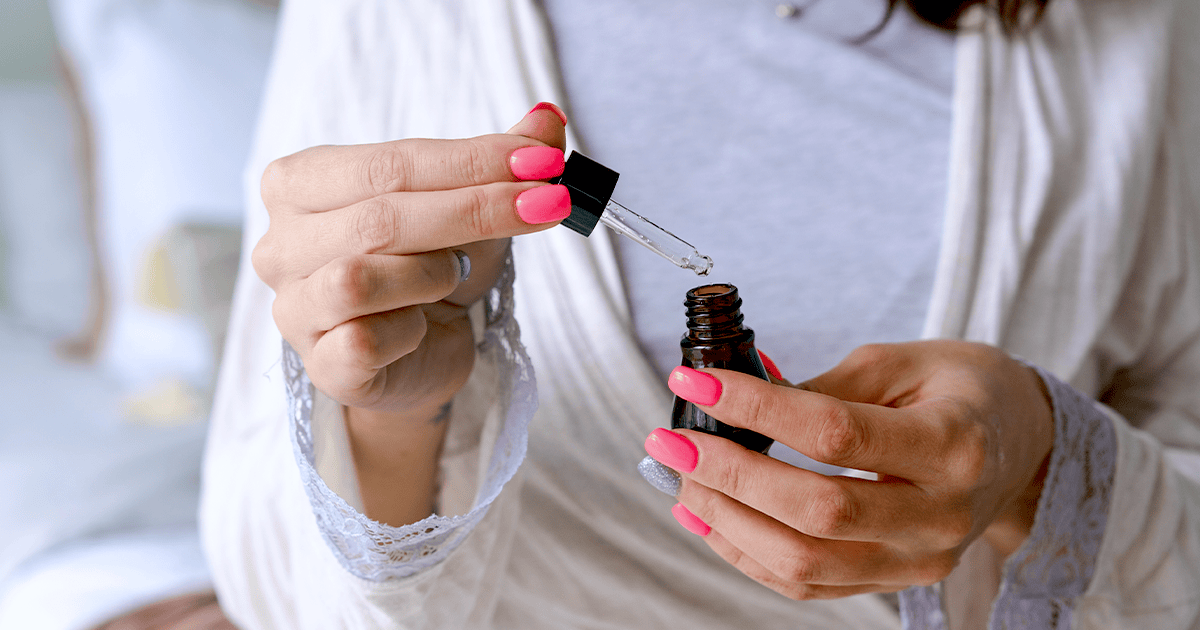Ollie Aplin admits writing a journal felt strange at first – “I didn’t know what I was supposed to write” – and it took a while to get into the habit.
But he persevered, and doing so proved a “game-changer” for his own mental health and wellbeing, helping him manage post-traumatic stress disorder (PTSD) and panic attacks.
“Put simply, journaling gave me the space to learn how to talk about how I felt,” says Ollie, 31. “And that’s changed my life in so many ways, from my relationships, to how I deal with life in general. And how to cope with living with anxiety, PTSD and stress.”
He released This Book Will Make You Stronger (£9.99), the second in his MindJournal ‘movement’, to help others embark on their own journaling journeys towards healthier minds. Here, the British designer explains what it’s all about.
Made with men in mind
The original MindJournal – basically, journals designed specifically to appeal to men, with questions and tasks, alongside space to write, to help guide people through the process – was launched through a Kickstarter campaign a couple of years ago.
Within just 72 hours, Ollie had reached his target and was able to make his vision a reality. Now, This Book Will Make You Stronger takes it a step further, providing not just a safe space for getting your thoughts down on the page, but the tools to help identify triggers and develop ways of managing them, featuring 30 writing exercises and three core stages – Warm Up, Hurdles, and Strength (Ollie describes it as a “workout for the mind”).
Breaking down the stigma
We’re getting better at talking about mental health and that one in four people in the UK experience some sort of mental health issue each year.
But while women are more likely to be diagnosed with anxiety and depression, men are affected, too, though they’re often less likely to talk about it.
This can have devastating consequences: suicide remains the single biggest killer of men aged under 50, and according to the Men’s Health Forum, 76% of UK suicides are by men.
Ollie had a mental breakdown in his early 20s, two years after losing his mother, who had bipolar disorder, to suicide when he was 19.
“My mum was an immensely private and paranoid person because of her bipolar. I was told from an early age not to mention anything that ever happened.
This stuck with me after her suicide. People would ask if I was OK, and I’d respond like I always had done: ‘Yeah, fine’,” he recalls.
“When I finally had a breakdown, it was like my mind was telling me it was time to talk.”

Finding the words
But talking didn’t come easy. “I physically didn’t know how,” says Ollie. “I’d sit in my sessions with my therapist and struggle to talk.”
It was his therapist who suggested he try writing things down instead. She gave him lists of feelings “to pick from and circle” every time he journaled, and set tasks like writing down why he was feeling that way.
“This meant every time I journaled, I had something to write about,” says Ollie. “Writing on a blank piece of paper is hard for anyone; where do I start, what do I want to say…?
And most of the time, the self-imposed pressure cripples us to the point where our minds are blank, then we get frustrated and tell ourselves we can’t do it.
“That’s why prompts help,” he adds. “They give you a starting point, something to spark your brain into thinking and your body into feeling. Once you’re at that point, the words just appear and you’re ready to write.”

Every man should try it
Anxiety is still part of Ollie’s life, but journaling means he now has the tools to deal with it in a healthy way. But mental health is something everybody should be thinking about – not just those who’ve had a breakdown or are having therapy or treatment for specific conditions.
And there are no rules – do what works for you. The beauty of MindJournal is that you can dip in and out and write as much or little as you want.
“For me, journaling is like a type of medicine. Something I keep in my mental medicine cabinet for when life gets too much,” says Ollie.
“My mental medicine cabinet’s filled with things like meditation, running, counselling and journalising. All the things that help release the pressure in my mind and body. Sometimes I break out the medicine cabinet every day, and sometimes not so often.”





